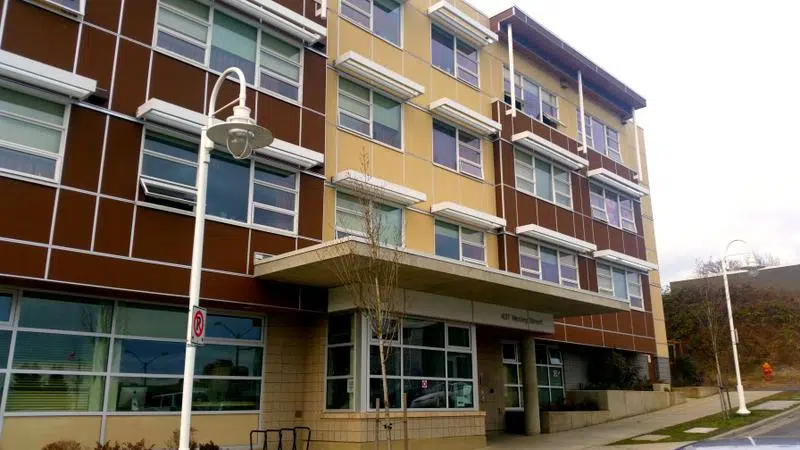
Issues of trust revealed to be at heart of Nanaimo’s supervised consumption site saga
NANAIMO — The sometimes fraught relationship between Nanaimo administration and Island Health, specifically regarding the downtown overdose prevention site, has revealed itself to be a major issue in moving ahead.
Councillors and medical health officer Dr. Paul Hasselback spoke and sparred at length on Monday, July 8 over the process of replacing the existing overdose prevention site (OPS) on Wesley Rd. with a supervised consumption site (SCS).
Dr. Hasselback argued in favour of changing a City of Nanaimo bylaw to consider a SCS as a medical/dental office, which is allowed to be built in many areas of Nanaimo. Under such a designation, the City wouldn’t be able to require conditions they propose be met by the health authority and federal government.
“How do we trust that if we open up our zoning we’re not going to have something forced upon us?” Coun. Erin Hemmens said on Monday.


